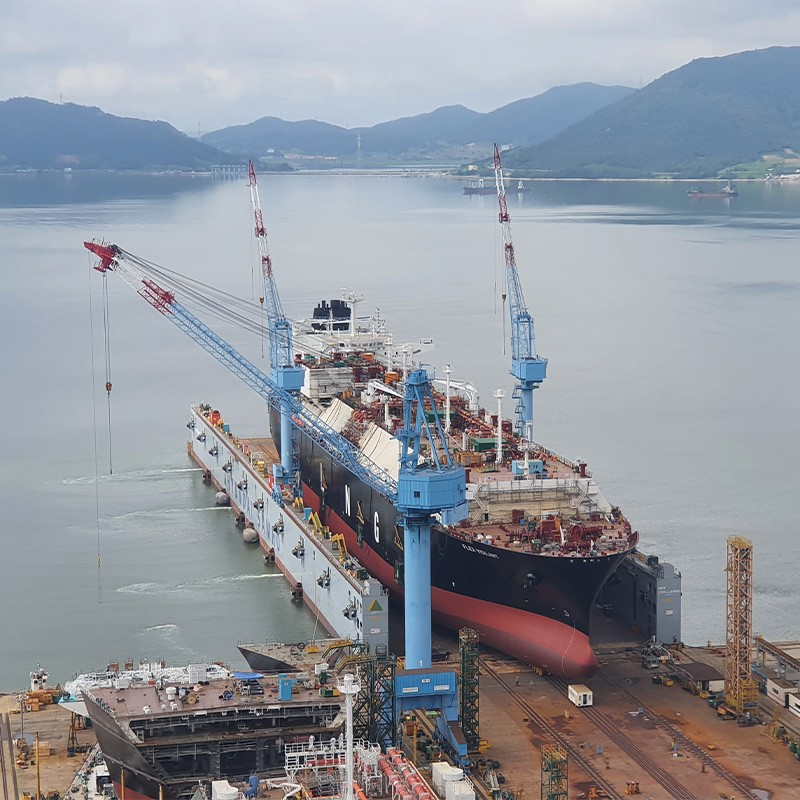Ship technical management services play a pivotal role in ensuring the seamless operation and longevity of vessels navigating the world’s oceans. Beyond mere maintenance, these services are the backbone of maximizing the lifecycle of ships, ensuring safety, efficiency, and compliance with regulatory standards. At its core, ship technical management encompasses a broad spectrum of activities aimed at overseeing the technical aspects of vessel operations. This includes but is not limited to maintenance planning and execution, spare parts procurement, budget management, regulatory compliance, and risk mitigation. One of the primary objectives of ship technical management services is to optimize maintenance strategies to extend the operational lifespan of ships. This involves meticulous planning, scheduling, and execution of routine maintenance tasks, as well as timely repairs and overhauls. By adhering to a proactive maintenance approach, potential issues can be identified and addressed before they escalate into costly breakdowns or safety hazards. Moreover, effective technical management involves leveraging advanced technologies and data analytics to enhance maintenance practices.
 Predictive maintenance, enabled by sensor technologies and predictive algorithms, allows for the early detection of equipment failures or performance degradation, enabling timely interventions to prevent downtime and costly repairs. In addition to maintenance, Technical Management services also encompass the efficient procurement and management of spare parts and consumables. Timely availability of critical spare parts is essential for minimizing downtime and ensuring uninterrupted operations. A comprehensive inventory management system, coupled with strategic partnerships with suppliers, enables efficient procurement and replenishment of spare parts, optimizing inventory levels while minimizing costs. Furthermore, ship technical management services are instrumental in ensuring compliance with a myriad of regulatory requirements governing the maritime industry. From safety standards set by classification societies to environmental regulations aimed at reducing emissions and preventing pollution, adherence to these standards is non-negotiable. Technical managers oversee the implementation of necessary measures and procedures to ensure compliance, conducting regular audits and inspections to verify adherence to regulatory requirements.
Predictive maintenance, enabled by sensor technologies and predictive algorithms, allows for the early detection of equipment failures or performance degradation, enabling timely interventions to prevent downtime and costly repairs. In addition to maintenance, Technical Management services also encompass the efficient procurement and management of spare parts and consumables. Timely availability of critical spare parts is essential for minimizing downtime and ensuring uninterrupted operations. A comprehensive inventory management system, coupled with strategic partnerships with suppliers, enables efficient procurement and replenishment of spare parts, optimizing inventory levels while minimizing costs. Furthermore, ship technical management services are instrumental in ensuring compliance with a myriad of regulatory requirements governing the maritime industry. From safety standards set by classification societies to environmental regulations aimed at reducing emissions and preventing pollution, adherence to these standards is non-negotiable. Technical managers oversee the implementation of necessary measures and procedures to ensure compliance, conducting regular audits and inspections to verify adherence to regulatory requirements.
Risk management is another critical aspect of ship technical management. From identifying potential risks to implementing mitigation measures, technical managers play a proactive role in safeguarding both the vessel and its crew. This involves conducting risk assessments, developing contingency plans, and continuously monitoring and mitigating risks throughout the vessel’s lifecycle. Moreover, ship technical management services extend beyond the operational phase of a vessel’s lifecycle to encompass its eventual decommissioning and disposal. Proper planning and execution of decommissioning activities are essential to ensure environmental sustainability and regulatory compliance. Technical managers oversee the safe dismantling and disposal of vessels, ensuring that hazardous materials are handled responsibly and that environmental impact is minimized. Ship technical management services are indispensable for maximizing the lifecycle of vessels and ensuring their safe and efficient operation. By leveraging advanced technologies, strategic planning, and proactive management practices, ship technical managers play a pivotal role in navigating the challenges of the maritime industry and ensuring the longevity of maritime assets.
